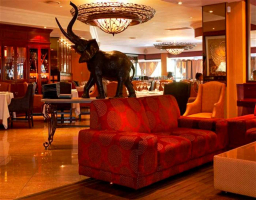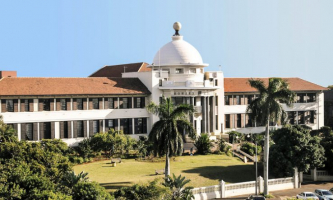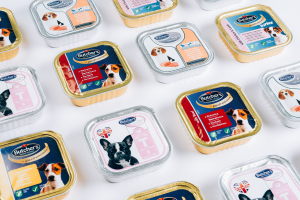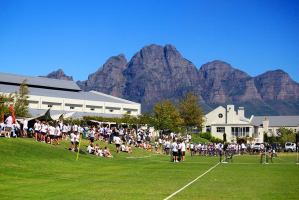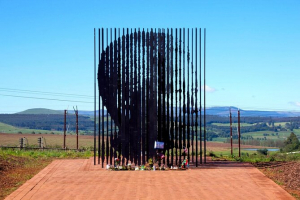Top 7 Best Foods in South Africa
If you visit South Africa, don't leave until you've had a traditional al fresco braai, which is as much about the food as it is about the culture. Then, you ... read more...can finish with a popular melktert (custard-filled pastry) and, if you're looking for a little snifter, a sweet and creamy glass of Amarula (liqueur) will do the trick. Here is the rundown of top foods to try in South Africa.
-
Prior to the invention of refrigerators, the indigenous tribes of South Africa used a method called dry curing to preserve meat. Biltong (thinly sliced, air-dried meat) and droewors (an air-dried sausage) are traditional snacks made from beef or game, such as springbok.
Droewors (dry/dried sausage) from Biltong is a delicious South African snack made from an old family recipe. It's made up of lean beef, a few well-chosen cuts of lamb, minced and seasoned with a blend of spices, then wrapped in natural lamb casings and dried to perfection.
The meat is hung to dry after being cured in a mixture of vinegar, salt, sugar, and spices like coriander and pepper. Health nuts adore the finished product because of its high protein and low fat content. Currently, biltong and droewors producers use a variety of meats, including ostrich and wild boar, and add flavorings such as chilli or garlic to the meat.
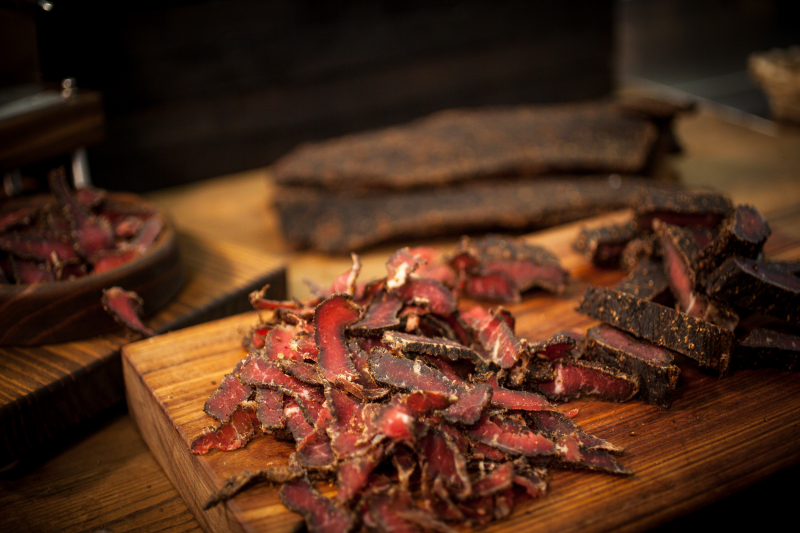
https://www.grotmanbiltong.co.za/prices/ 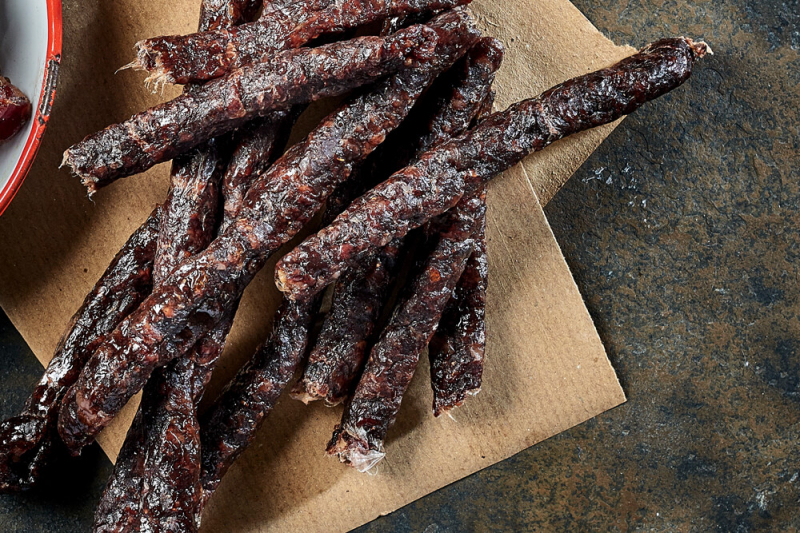
http://www.mybraai.co.za/product/droewors -
Boerewors is a South African sausage that originated in the country. It is popular throughout Southern Africa and is a staple of South African, Zimbabwean, and Namibian cuisines. The word wors ("farmer") is derived from the Afrikaans word boer ("farmer") ("sausage"). Boerewors must contain at least 90% meat, and must always contain beef, lamb, pork, or a combination of lamb and pork, according to South African government regulations. Spices and other ingredients account for the remaining 10%. Fat should not make up more than 30% of the meat. Offal and "mechanically recovered" meat pulp are not permitted in boerewors (as recovered through a process where meat and bone are mechanically separated).
Boerewors is a high-quality sausage that is frequently spiraled and served in a circle. It can be made with beef, pork, or game meat and has a high meat content. At a braai, it's a must-have.
This is a traditional South African sausage made with beef, pork, or lamb, and a variety of spices. Boerewors is a coiled sausage similar to Cumberland sausage that is traditionally cooked on a braai (barbecue). The words boer (farmer) and wors (worstuff) are derived from the Afrikaans and Dutch words boer (farmer) and wors (worstuff) (sausage).
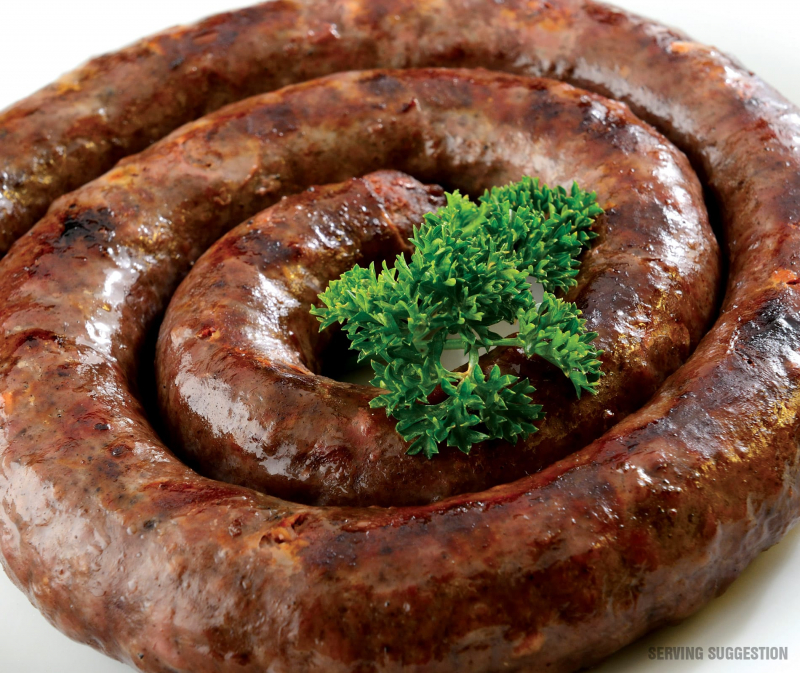
https://richmeats.capetown 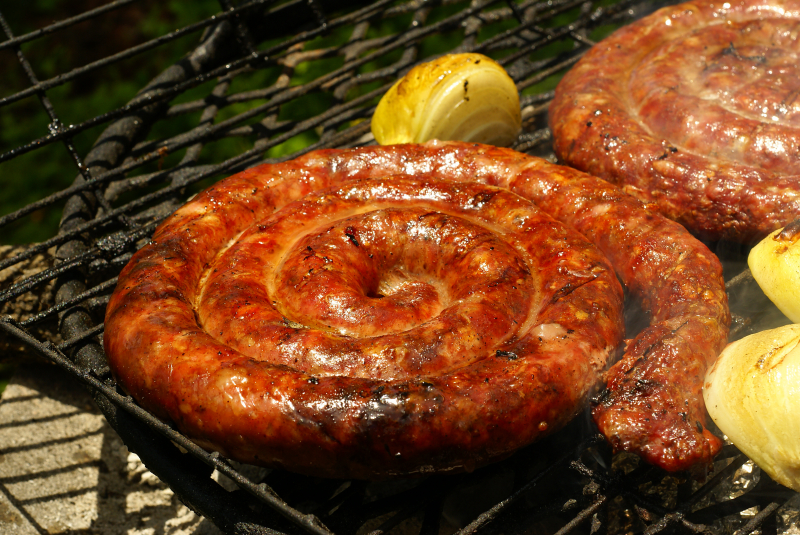
https://mufasabiltong.com.au/ -
Slaves from Indonesia and India were brought to work on the farms of Cape Town, South Africa, beginning in the 17th century. They became known as Cape Malays, and curry dishes became popular in South Africa as a result of their influence.
Sweet spices like cinnamon and ginger, dried fruit (especially dried apricots), and savory seasonings like garlic and onions are used in Cape Malay curry to combine sweet and savory flavors. This beef stew is delicious over mashed potatoes or egg noodles, though it is traditionally served with rice.
Aromatic spices like cinnamon, saffron, turmeric, and chilli, when combined with local produce, created fragrant curries and stews that are still popular in the area today.
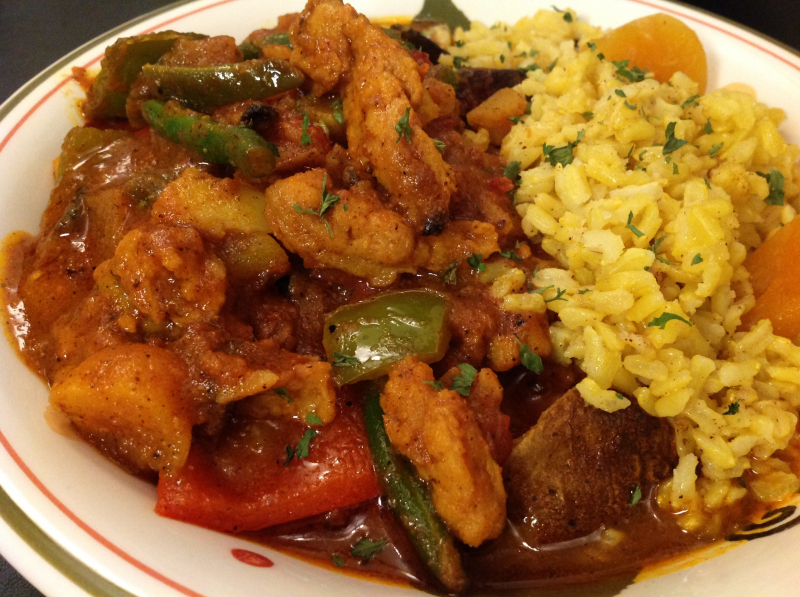
https://thevword.net 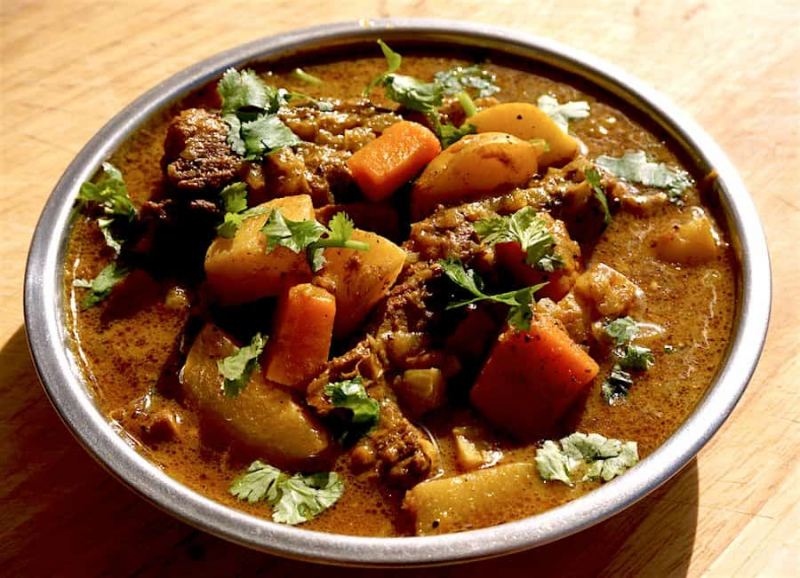
https://www.venturists.net -
Malva pudding is a sweet pudding that originated in South Africa. It has a spongy caramelized texture and contains apricot jam. It's frequently topped with a cream sauce while it's still hot, and it's usually served with custard and/or ice cream. It's available in a lot of South African restaurants.
After Oprah Winfrey's personal chef, Art Smith, served it for Christmas dinner to the students of the Oprah Winfrey Leadership Academy for Girls in South Africa in 2006, the pudding gained popularity on the West Coast of the United States.Malva pudding is a sweet and sticky baked sponge pudding made with apricot jam and served with a hot cream sauce. This is South Africa's version of the British sticky toffee pudding, which is available in many restaurants but is mostly baked at home on Sundays. It is said to have been invented by Dutch settlers, and the recipe includes apricot jam. It's decadent and tastes similar to sticky toffee pudding, but it's far superior.
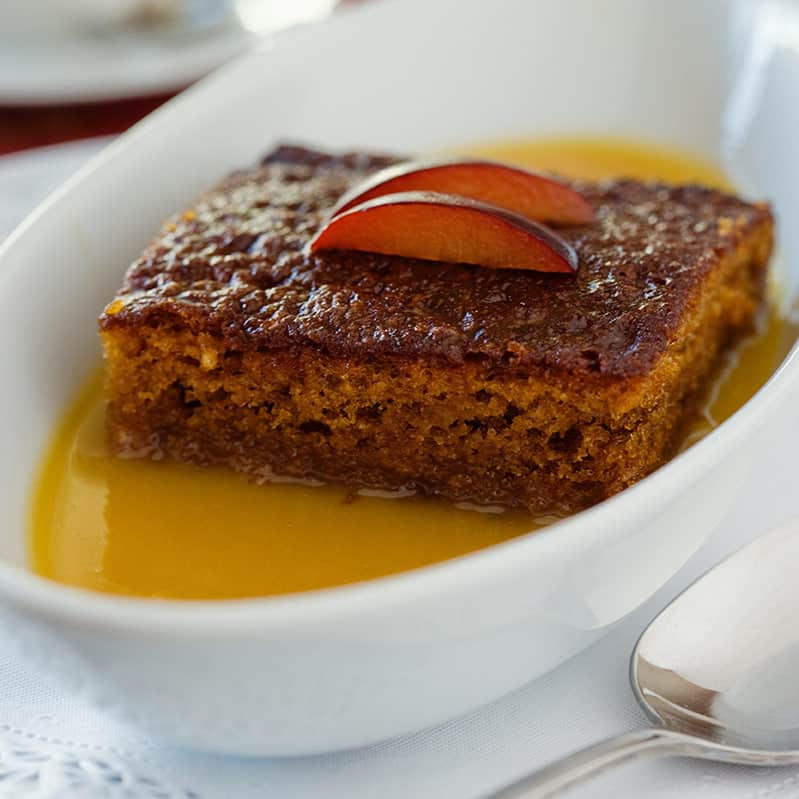
https://wisefood.co.za/product/malva-pudding/ 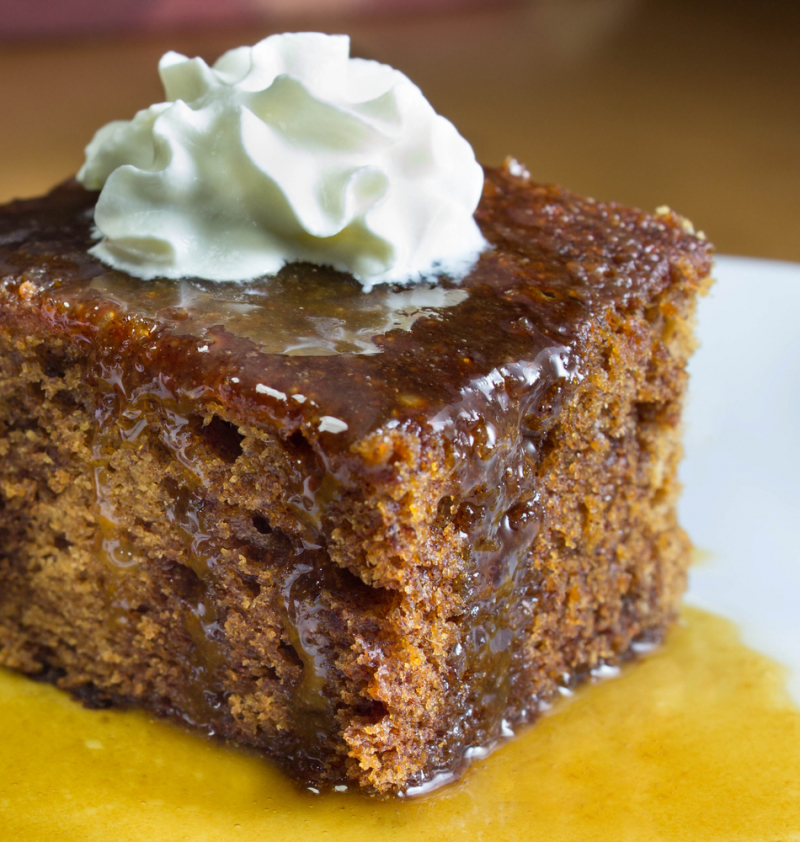
https://blog.goway.com/globetrotting/malva-pudding/ -
Chakalaka is a simple and easy-to-make relish that originated in the South African city townships. Baked beans, curry, peppers, and carrots are common ingredients. It's nearly impossible to find a South African braai (barbecue) that doesn't include chakalaka.
Every South African dinner table includes chakalaka and pap. Chakalaka is a chilled vegetable dish made with onions, tomatoes, peppers, carrots, beans, and spices. Pap, which means 'porridge,' is a starchy dish made from white corn maize that is similar to grits in the United States. Chakalaka and pap are frequently served with braaied (barbecued) meats, breads, salads, and stews.
Pap is a cornmeal made from milled white maize that is typically eaten for breakfast. South African pap can be made in two ways: as a sweet porridge or as a stiff starch that can be eaten with a sauce. It is a popular and well-liked dish among Zulus, Afrikaners, and all other South African tribes.
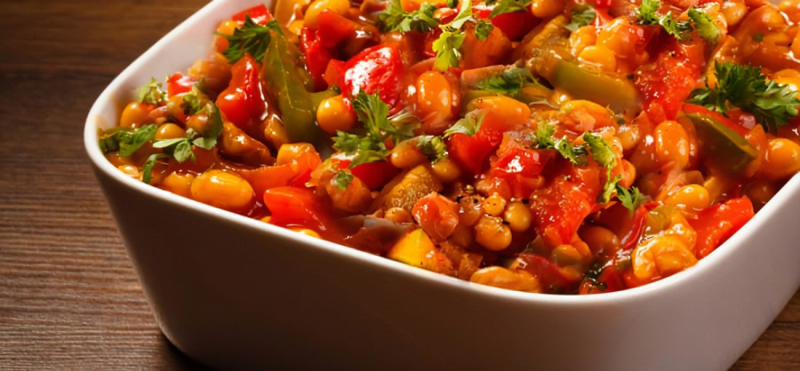
https://za.topcoolweb.com/chakalaka-recipe/ 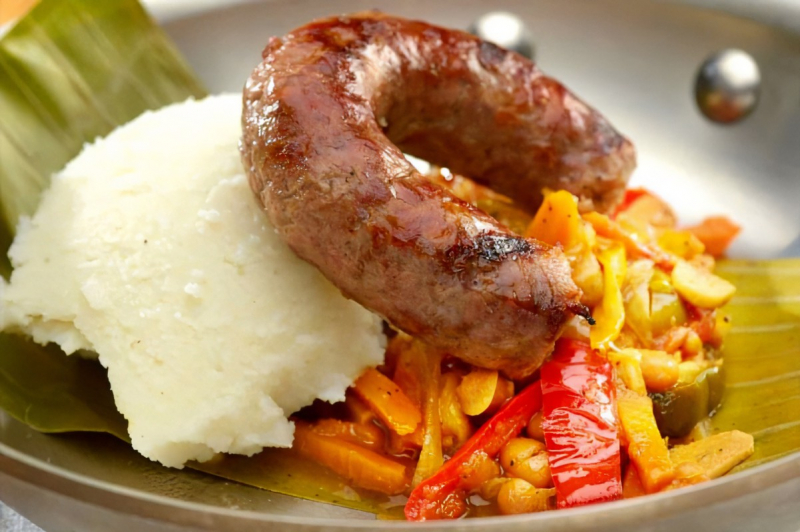
https://buzzsouthafrica.com -
Shisa nyama, also spelled chisa nyama or chesa nyama, is a term used in many townships to refer to a barbecue or braai at which friends or families gather to grill meat over an open fire (usually near a butchery). Only people who buy meat from the butcher are allowed to use the facility, which is usually provided by the butcher.
An authentic braai or shisa nyama ('burn the meat' in Zulu) is an eating experience not to be missed if you want to get a true taste of South Africa. Butchers in Johannesburg's townships used to set up barbecues in front of their shops on weekends to grill their meat and sell it on the street.On weekends, local communities gather around braais to share food. Come along to soak up the vibrant atmosphere, listen to live music, and choose from a variety of meats, including beef, chicken, pork, lamb, and vors (sausages) – this is not a vegetarian outing!
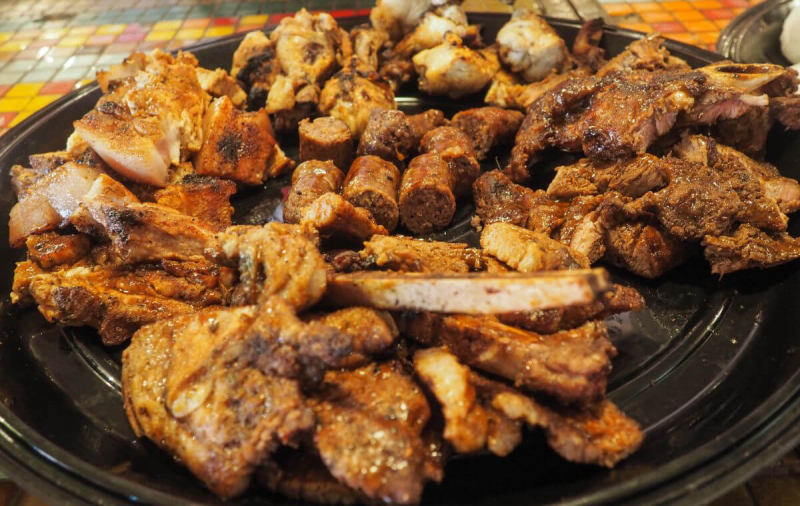
https://chowcation.com/south-africa/shisa-nyama-bbq-grilled-meat/ 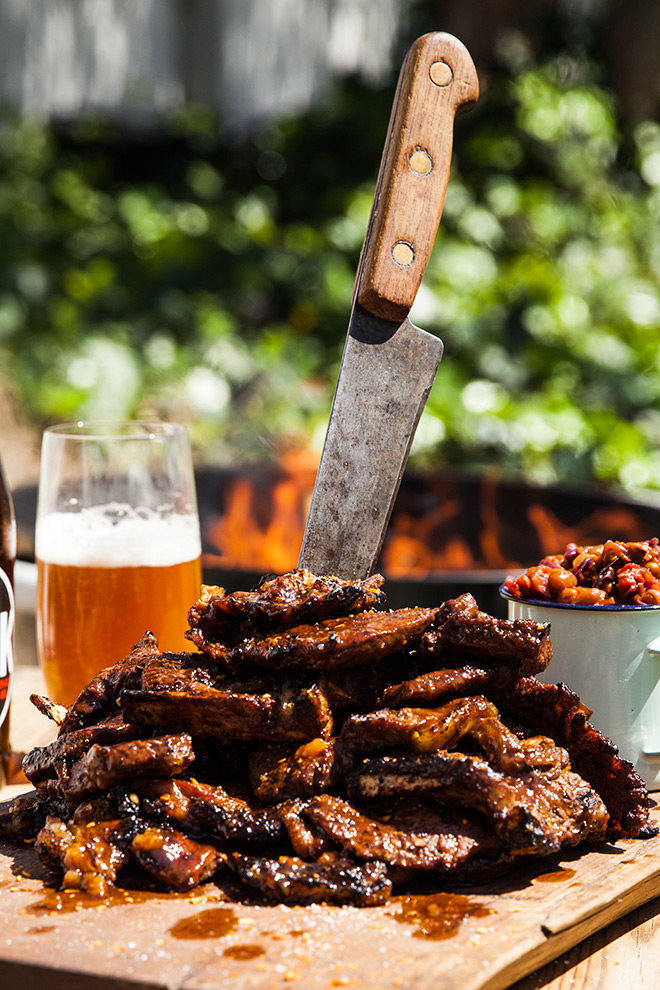
http://www.leagueofbeers.com/blog/2015/10/shisa-nyama-chakalaka -
Bunny chow, or simply a bunny, is a South African fast food dish made from a hollowed-out loaf of white bread stuffed with curry. It began among Durban's Indian South Africans.
Different versions of the bunny chow can be found in various South African communities; it uses only a quarter loaf of bread and is sometimes called a scambane, kota ("quarter"), or Shibobo, depending on where you are in the country; it shares a name with sphatlho, a South African dish that evolved from the bunny chow.
This Durban street food has gained popularity throughout South Africa and is now making its way into London's food markets. The immigrant Indian community in Durban's Natal area invented hollowed-out loaves of bread stuffed with spicy curry and served to workers for lunch. Try chicken, pork, or lentil and bean-based vegetarian dishes.
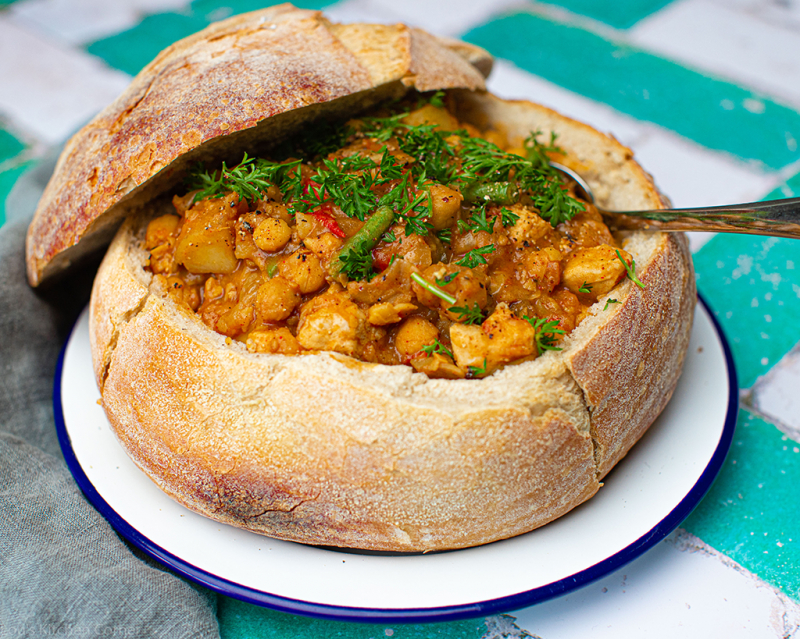
https://louskitchencorner.freybors.com 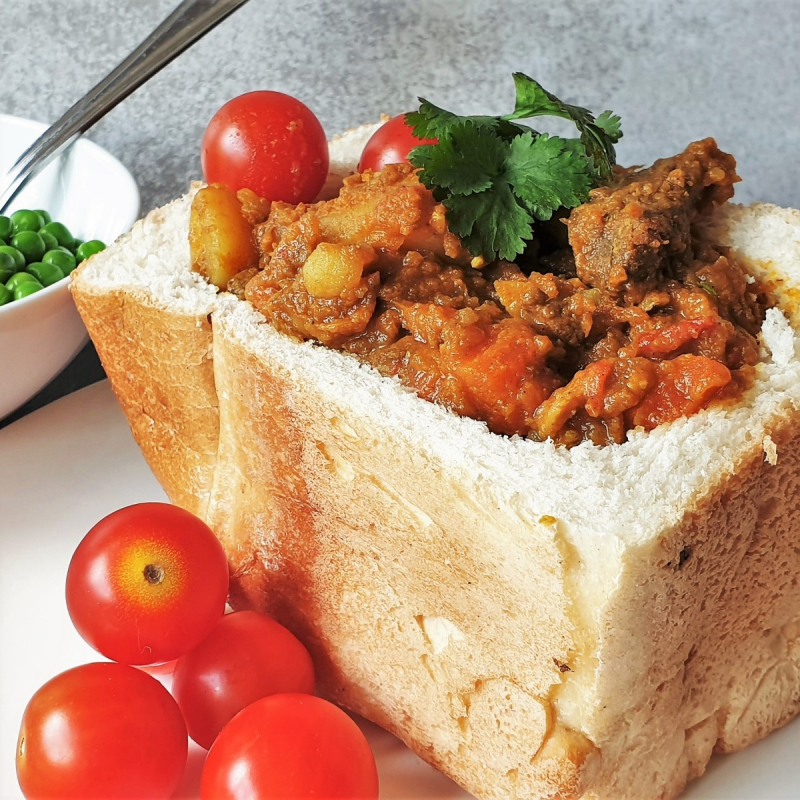
https://www.foodleclub.com/bunny-chow/









